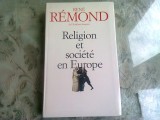Summary
Amid the rising nationalism and racial
politics that culminated in World War II, European countries
wishing to "purify" their nations often forced unwanted populations
to migrate. The targeted minorities had few options, but as Chris
Davis shows, they sometimes used creative tactics to fight back,
redefining their identities to serve their own interests. Davis's
highly illuminating example is the case of the little-known
Csangos, an ethnic community in Moldavian Romania who practice
Catholicism and speak a mix of Hungarian and Romanian. Romania
wanted to expel them; Hungary wanted them for resettlement. Aided
by Catholic priests, the Csangos resisted deportation with a
concerted strategy involving blood samples, anthropologists, and
historians, hoping to exempt themselves from the discrimination and
violence that targeted Jews, Roma, Slavs, and other minorities.
Davis draws on many facets of the Csangos' refashioning to add
insight to debates about racial politics, national communities, and
ethnic and religious minorities past and
present.
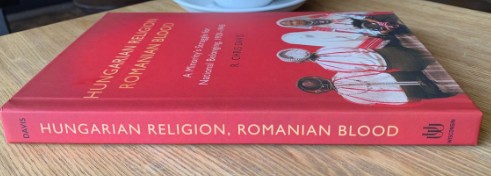
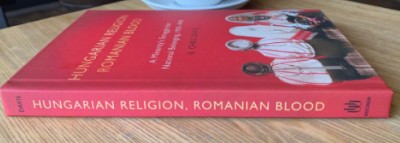


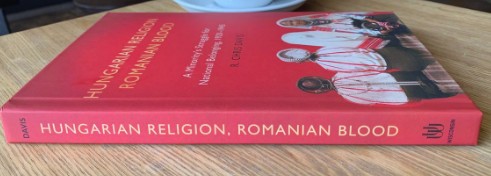
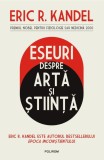
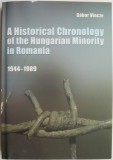

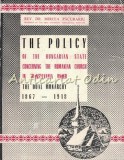
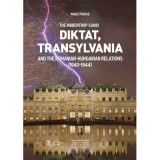
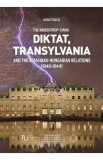


![Dinu C. Giurescu - Romanian Diplomacy. An Illustrated History (2010, 343 pag, 150 ill. deluxe) [O istorie ilustrata a diplomatiei romanesti 1862-1947]](https://images.okr.ro/serve/product/7c46cd3d187888ee7e80878e254edaf4-165211-160_160)
